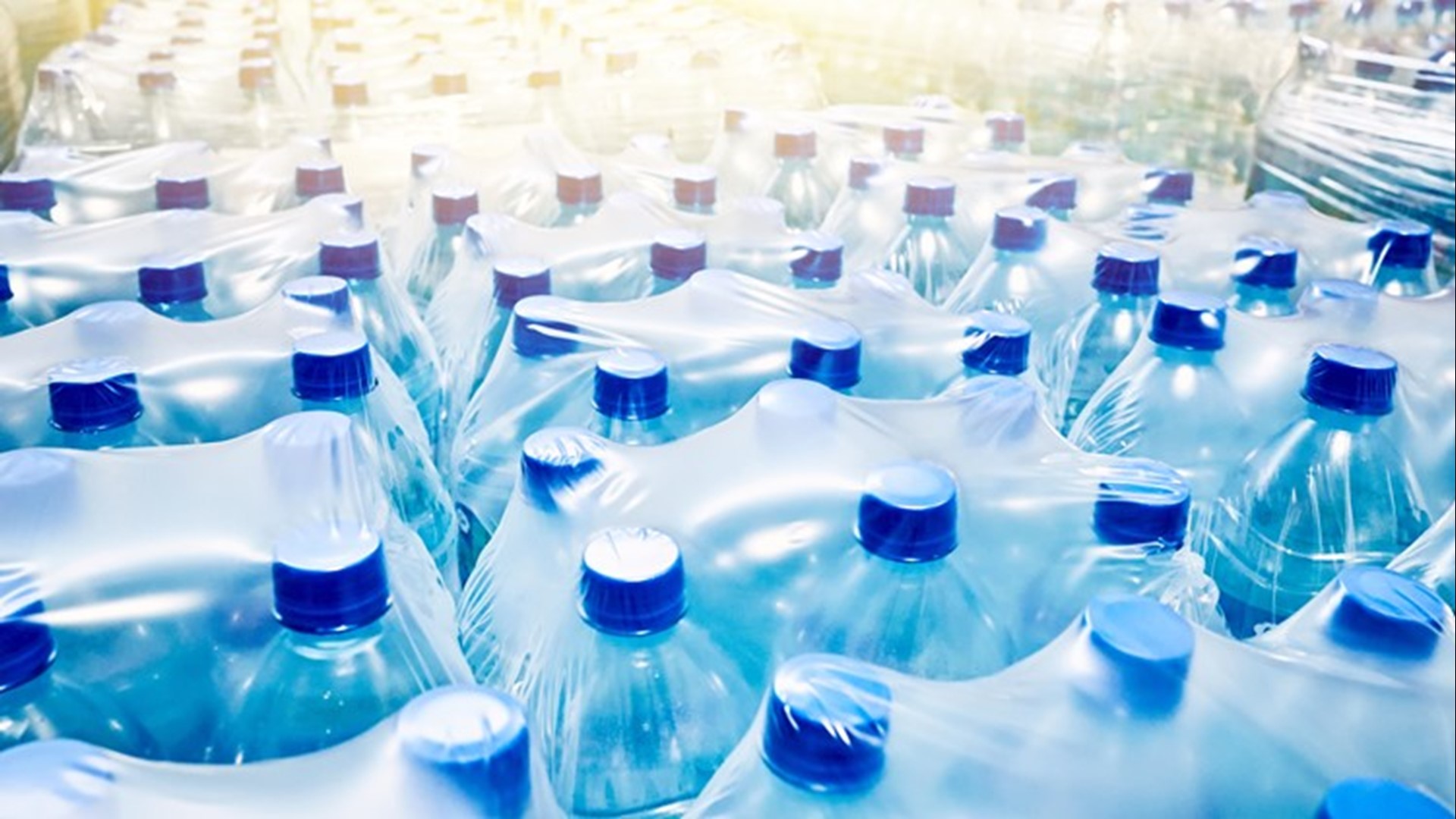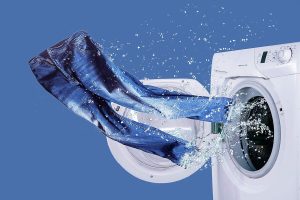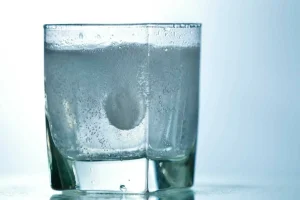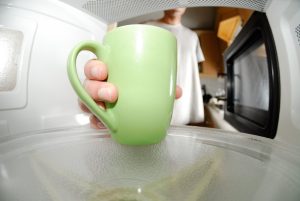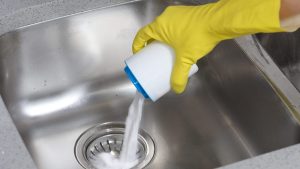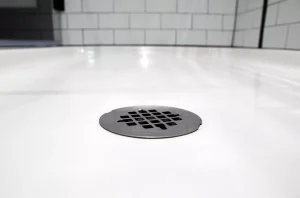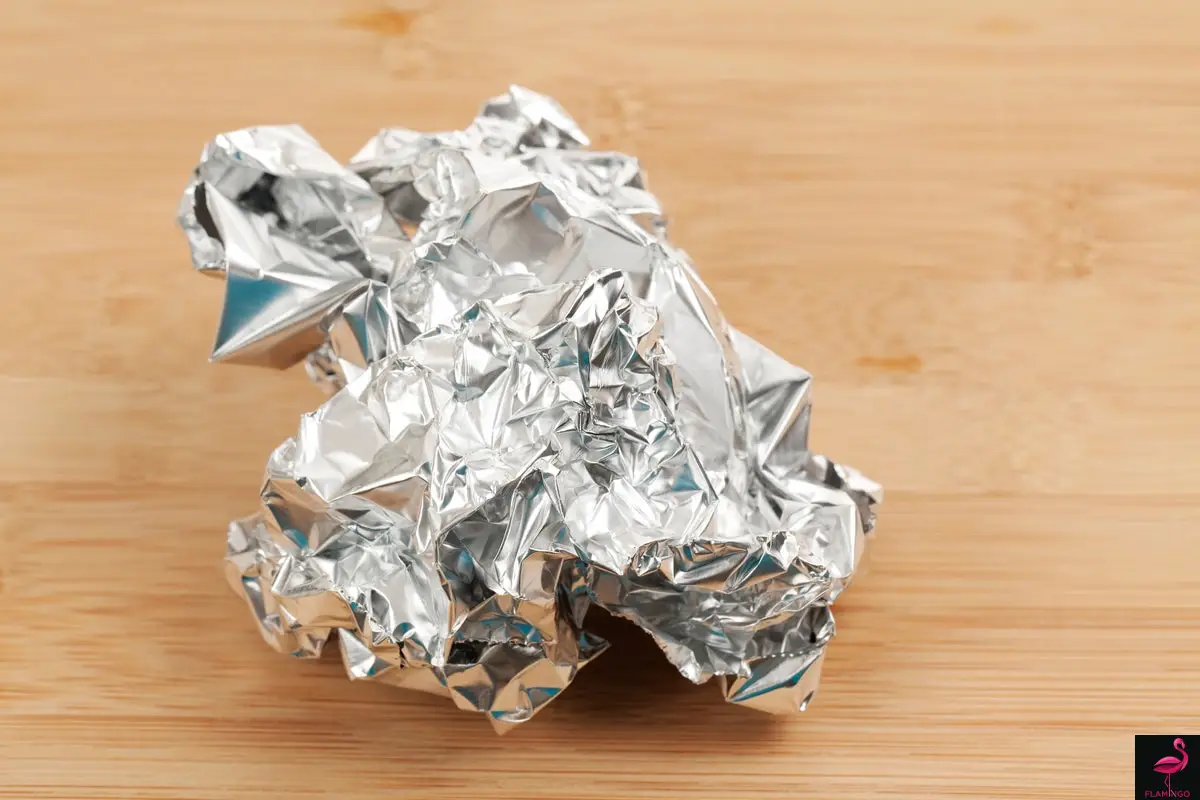
The European Union is stepping up efforts to ban PFASs, a group of toxic chemicals known as “everlasting chemicals.” These substances, which are found in thousands of everyday products including disposable food packaging and cosmetics, are non-biodegradable and pose serious environmental and health risks. The new rules could significantly impact the consumer market.
- The European Union plans to ban PFASs, toxic “everlasting chemicals” found in thousands of everyday products.
- These substances are non-biodegradable, accumulate in the environment and are linked to the risk of organ damage and cancer.
- The new rules could have a significant impact on the markets for cosmetics, clothing, electronics and household appliances.
- Some EU countries, such as Denmark and France, have already imposed bans on the use of PFASs in waterproof clothing and hygiene products.
- The EU provides exemptions for industries such as aviation, automotive and energy where PFAS are difficult to replace.
PFAS – the position of the European Union

EU authorities are finalizing a draft regulation that could radically change the market for consumer products. It is a ban on the use of PFAS, a group of chemical compounds that are also known as “everlasting chemicals” because of their extreme persistence. Over the years, these substances have been used in thousands of everyday products, from building materials and electronics to clothing, kitchenware and cosmetics.
The main problem is that PFASs do not degrade in the human body, soil or groundwater . The European Chemicals Agency (ECHA) draws attention to the fact that the prolonged presence of these substances in the environment leads to their accumulation in the ecosystem. Their toxic effects lead to kidney and liver damage, hormonal disorders and cancer. Of particular concern is the effect of PFASs on testicular cancer and thyroid disease.
Until recently, regulations in this area were not expected to take effect until 2026. However, at the end of 2024, EU Environment Commissioner Jessica Roswall said that work on new regulations would be accelerated. Brussels has prioritized the issue and draft regulations are now being submitted and discussed with member states.
PFAS – what is it?
PFAS, or per- and polyfluoroalkyl compounds, are synthetic chemicals characterized by exceptional resistance to water, lubricants, high temperatures and friction. Because of these properties, they have been used for many years in the manufacture of numerous products such as sportswear, non-stick cookware, firefighting foams and electronic devices.
Unfortunately, the same resilience that made them attractive to industry is now a serious threat. The bonds between carbon and fluorine responsible for their stability are among the strongest in organic chemistry. As a result, PFASs are virtually non-biodegradable and their removal from the environment is a complex and costly process.
Where can PFASs be encountered?
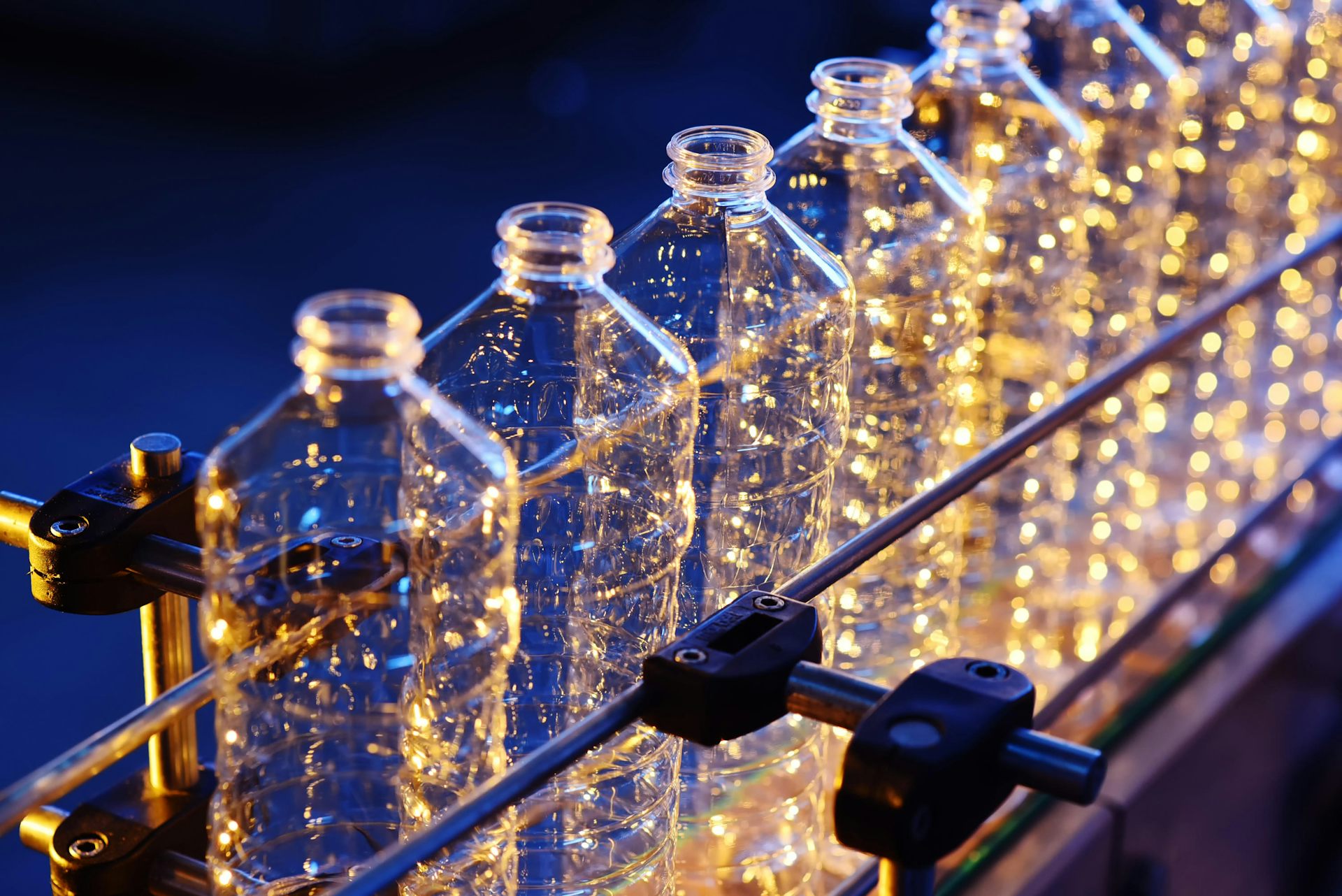
These dangerous chemicals are present in many products that each of us uses on a daily basis. Among them we can find:
- paper fast food packaging,
- unlubricated baking trays and baking paper,
- microwave popcorn bags,
- takeout packaging,
- some PET bottles and food-grade foil,
- antiperspirants and shaving foams,
- creams with UV filters,
- foundations and face powders,
- waterproof mascara and eyeliner,
- lipsticks and lip balms,
- Teflon (PTFE) coated pans and pots,
- cheap silicone cooking utensils,
- non-stick baking molds,
- dirt-repellent tablecloths, curtains and carpets,
- technical fabrics and overalls,
- shoes and sports jackets with DWR membrane,
- automotive parts resistant to temperatures and chemicals,
- technical lubricants and synthetic oils,
- certain adhesives and mounting tapes,
- sealing materials and anti-corrosion coatings,
- fabric and footwear impregnators.
PFAS ban and industry
The planned PFAS ban will affect hundreds of thousands of consumer products. A number of industries, especially cosmetics, textiles, home appliances and electronics, will be forced to look for alternative raw materials. Businesses will have to adapt and adjust not only their recipes, but also their processes and supply chains.
Some EU countries, such as Denmark and France, have already imposed their own restrictions on PFAS. Among other things, they have banned: the use of this raw material in waterproof clothing and hygiene products. Similar rules will now apply throughout the EU.
However, the European Union provides for exceptions for certain sectors. This is particularly relevant for places where it is currently very difficult to replace PFAS. This is particularly true for the automotive, aviation, energy and fire sectors. In these areas, the ban will be introduced at a later date or to a limited extent.
